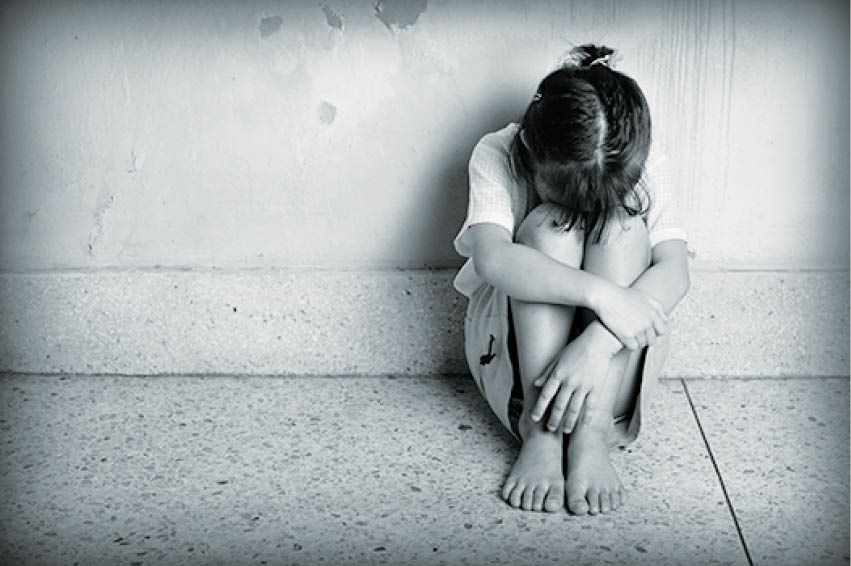Thanks to the movies, when we think of abuse, we think of being beaten, punched, or worse, touched inappropriately, without our consent. Scars are easier to see and understand when physical touch is involved. But what do you call it, when a few years into a relationship, you begin to doubt yourself? When you begin to doubt an ability that you were once confident about?
The symptoms of psychological and emotional abuse show up in different ways. One of the most common lies in your belief system, such as that hurtful refrain, “I am not good enough.” Where does it come from? Psychological and emotional abuse wears down your faith in yourself; you find yourself second-guessing everything you think or say.
Take the case of Sanaya, a 39-year-old divorcee who had been in a three-year- relationship with a younger man. Sanaya was independent, successful and the mother of a little boy who lived with his father. In this new relationship, Sanaya started growing self-doubts and found it hard to believe she was attractive. Despite their constant quarrels, Sanaya was scared to leave her boyfriend. A year of therapy later, Sanaya realized that her boyfriend’s constant criticisms, veiled behind “feedback for her own good”, was, in fact, abuse. Therapy helped her understand how it was wearing down her self-confidence. Although she has decided to stay on in the relationship, identifying abusive patterns has helped her be more conscious and work on her self-worth.
Leaving abusive relationships is not easy. And sometimes we decide to stay in them. Perhaps, it feels easier to stay than deal with the unknown. But reaching out for help can give you clarity and a means of coping with the stress. Importantly, therapy can help build up your inner resources, leading you to identify your strengths, regain your confidence, and have a more congruent, happy life. It can also empower you into making the decision to leave or stay, and provide you that much needed support system.
How Do I Recognise An Abusive Relationship?
- Your abuser often “gives you feedback” about you as a person and not your actions. E.g. “You can’t cook to save your life.” as opposed to, “The chicken tastes burnt.”
- You are often encouraged to “dress down” or be less noticeable. Eg. “You look like a monkey when you wear makeup.” as opposed to, “wear the pink lipstick this time.”
- You find yourself not wanting to socialize because you think people won’t like you, as compared to earlier when you enjoyed it.
- You hold irrational beliefs about yourself – “People won’t like me because I’m dark/too skinny, etc.”
- You find yourself being restricted in subtle ways, eg. “A person like you won’t do well in a big organisation. You’re better off working close to home in a place with no more than 20 employees.”
How Do I Recognise An Abuser?
This is hard to do. People have many facets, and often abuse comes along with love, care and protection. As much harm as abusive people do, they are often also the only support we have, and make for solid relationships we can sometimes rely on.
However, practicing a few choices can help – Self-reflection; Having a circle outside the abusive relationship; and a good therapist are some ways in which we can recognize abusive patterns and people in our lives.
Are My Parents Abusive?
Parents have different styles of parenting and often convince themselves that they’re doing their best for their children. It is important to remember though, that parents themselves were victims once. And they could be repeating the patterns they learnt. Imagine your dad or mum as a small child, trying to make sense of the treatment they’re receiving. Just the same as you once were. While any sort of abuse is hurtful and has far-reaching consequences, it is possible to move on, connect with yourself and build yourself up in to the capable, significant and whole person you were always meant to be.
ipeerbhoy@gmail.com.
- What’s The Big Deal About Body Image Issues? - 3 August2019
- Is There Something Wrong With Feeling Guilty? - 13 July2019
- Am I Being Abused? - 22 June2019
